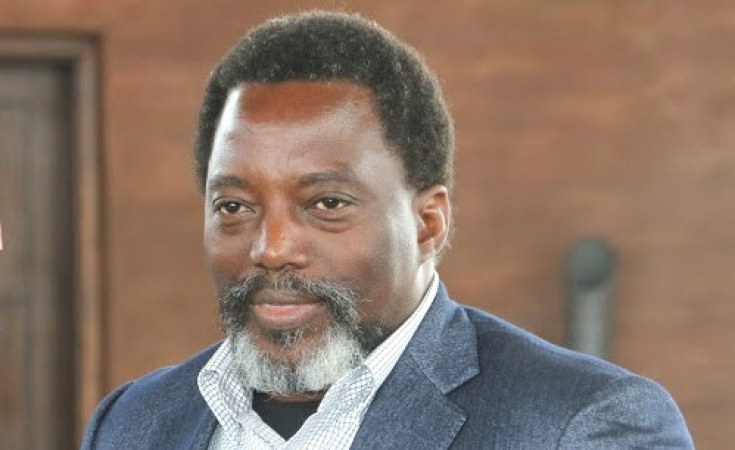The U.S. says it welcomes plans by the Democratic Republic of Congo to set up a special fund to manage all aid donations, said Elizabeth Jaffee, Senior DRC Desk Officer Elizabeth Jaffee on the country's humanitarian assistance and policy, on Wednesday.
On being asked whether aid alone is enough to stem the unrest in the country, especially considering that many believe the continuous postponement of elections is a major factor, Jaffee said the U.S. is satisfied that the publication of the election calendar is a step in the right direction.
"We are monitoring the situation and are putting measures in place to make sure the elections scheduled for December this year are free, fair and credible. The U.S. will always find ways of working together with the UN and partners for stability in Congo. This is a priority both because of its land mass and its strategic location. The situation in the country is dire and aid is needed," Jaffee said.
About 13 million Congolese subjects have been exposed to violence and forced out of their homes. The U.S. expressed regret that the DR Congo government did not attend the Geneva conference but vowed that the U.S. and UN "will work with partners on the ground to make sure assistance reaches where it's mostly needed". The U.S. is the largest donor to the country, and this year it has pledged to increase their aid package. It also provides aid to other troubled regions like Somalia, Nigeria and the Great Lakes.
The UN says very good progress was made toward the $1.7 billion funding goal for DR Congo at the humanitarian pledging conference in Geneva on April 13. Acting Director of USAID's Office of Food for Peace Matt Nims said: "Although the organization's presence in any given region is time-bound, it is determined by necessity - hence its continuous presence in DR Congo will be determined by its relevance."
The Democratic Republic of Congo has delayed elections for two years since President Joseph Kabila refused to step down after his term ended in 2016.
Officials say the government is struggling to raise the $1.8 billion the electoral commission says it needs to run the next poll, set for December 23. Dissent against these delays often sees thousands take to the streets, with some protests ending in a disproportionate show of force by government troops. The protracted conflict have seen thousands killed and millions displaced.


